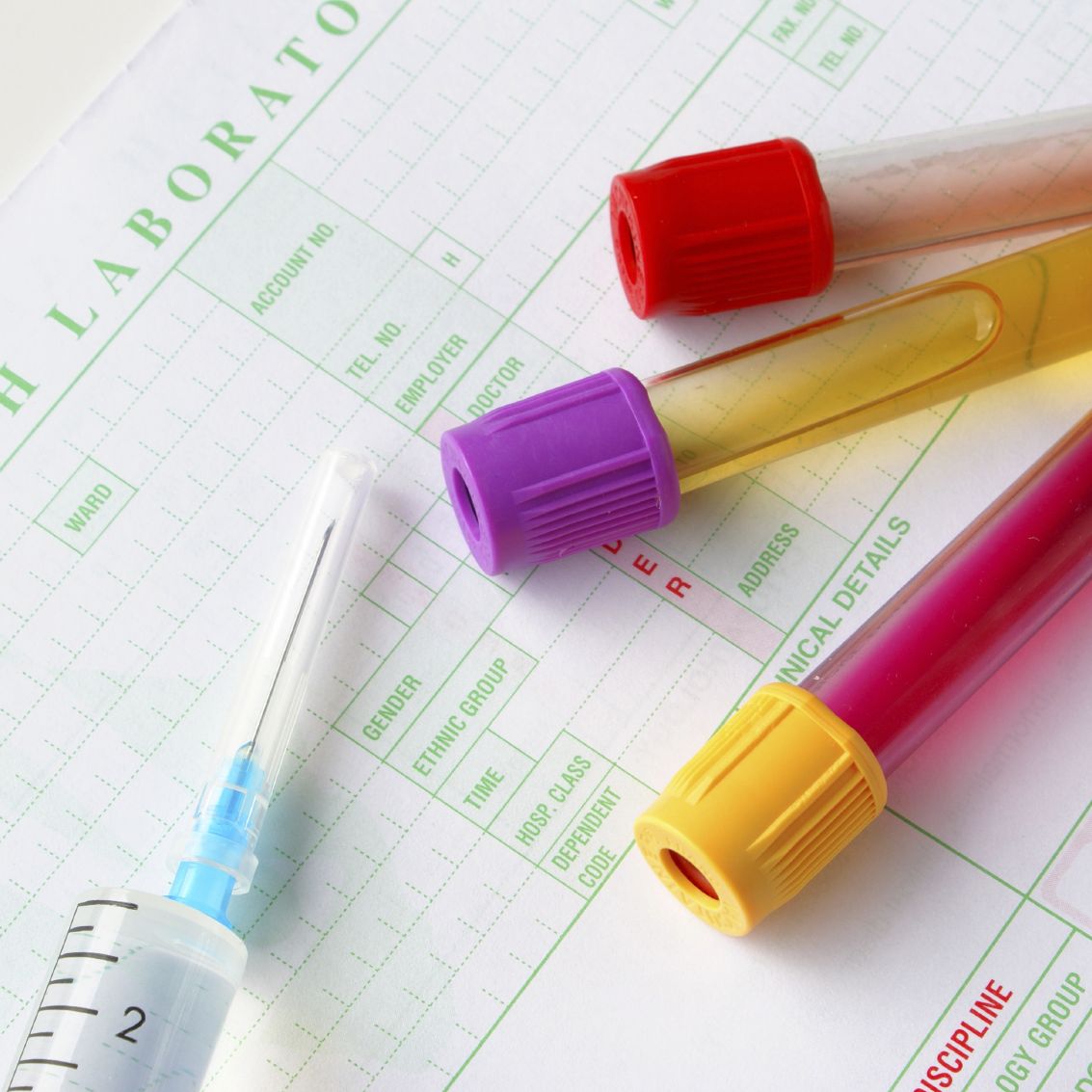Pregnancy laboratory tests - Third trimester
In the third trimester, the energy of the expectant mother decreases due to her weight. Walking is more difficult, legs can get swollen, varicose veins may appear, and both the back and pelvis may hurt. Urine continence is also difficult, as the baby is already quite pushing the bladder by this time. In the last month, there are colostrum leaks and so-called false labour pains (uterine contractions) that prepare the mother for childbirth.
From week 36 onwards, the baby’s heart sound will be examined and the uterine contractions (CTG) will be checked weekly. Blood pressure measurements, foetal movement tests, and blood sampling and urine tests are also performed in the last trimester.
Third trimester laboratory tests
Basic package
Premium package
Pregnancy laboratory tests - Third trimester basic laboratory package
Items tested in the third trimester basic laboratory package:
Blood count
A blood count is a complex test used to determine the relative and absolute number, type, size, shape, and other physical characteristics of the formed elements (red blood cells, white blood cells, platelets) present in the blood.
Creatinine (with eGFR)
The purpose of determining creatinine levels is to assess the normal functioning of the kidneys.
Urea
The purpose of the test is to assess the normal functioning of the kidneys.
Bilirubin
Laboratory testing may indicate that the patient has some form of liver disease. The amount of bilirubin in the blood is measured.
GOT
The test is used to show the extent of liver damage.
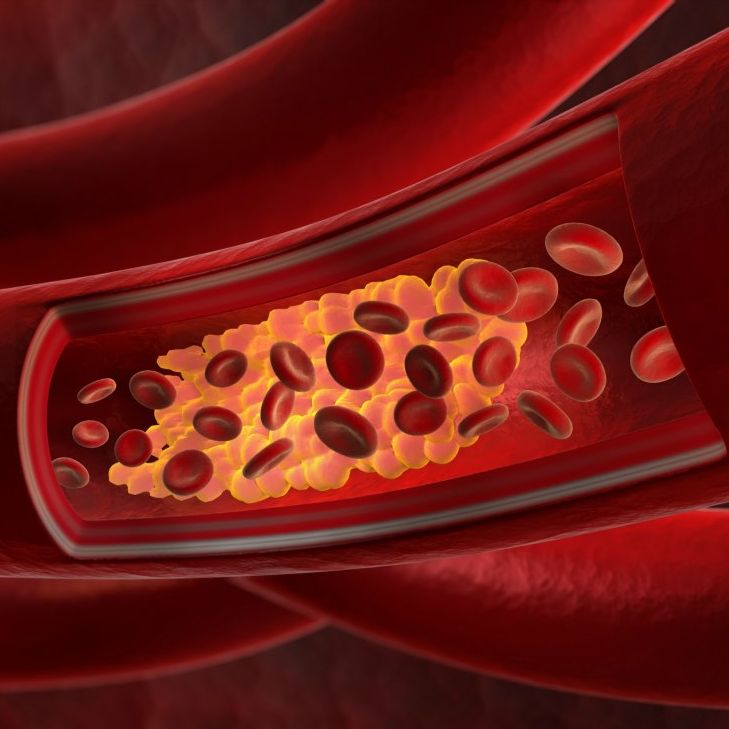
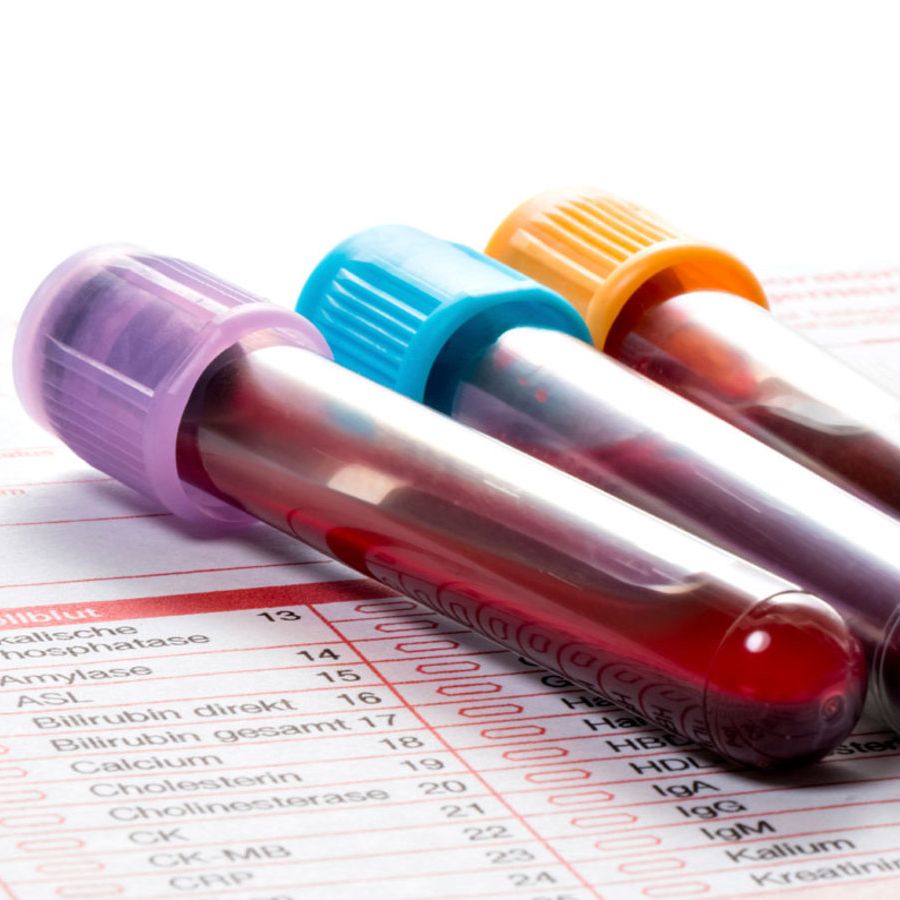
GPT
The test mainly shows the extent of liver damage, but other diseases may be revealed, be it disorders of the pancreas, myocardium or musculoskeletal system.
Total urine + sediment
Screening for metabolic and renal disorders.
Prothrombin
Provides adequate help in diagnosing bleeding disorders.
Fibrinogen
The test helps determine if the level of fibrinogen is adequate to promote normal blood clotting.
Group B Streptococcus screening from vaginal secretions
Group B streptococcus is carried in the vagina by 10 to 25 percent of expectant mothers. The bacterium infects the newborn mostly during childbirth, in the birth canal, but in rare cases, the infection can also occur during pregnancy. The bacterium can cause meningitis and pneumonia in the baby, as well as puerperal sepsis.
Blood type with antibody screening
Blood type determination is especially important because the blood type of the foetus may be different from that of the expectant mother, so the body of the pregnant woman can identify it as a foreigner and produce antibodies as a defence. These antibodies can pose a serious threat to the health of the foetus.
Items tested in the third trimester premium laboratory package:
Items of the third trimester basic laboratory package
Blood count
Creatinine
Urea
Bilirubin
GOT
GPT
Group B Streptococcus screening from vaginal secretions
Blood type with antibody screening
Complete urine with sediment
Prothrombin
Fibrinogen
GGT
The test is used to screen for liver disease.
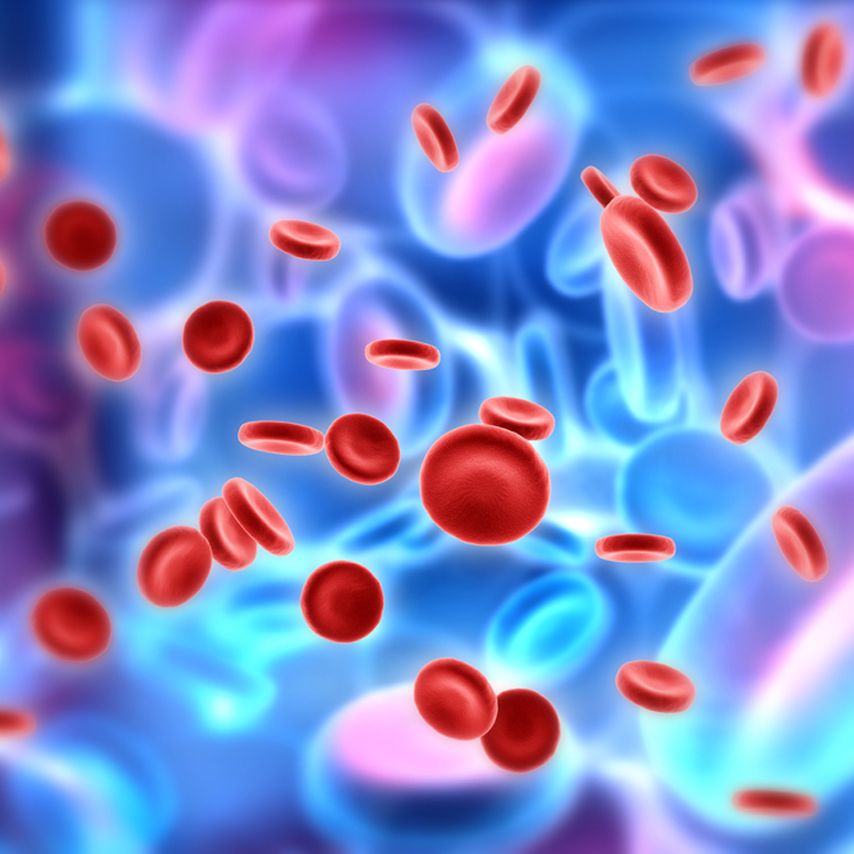
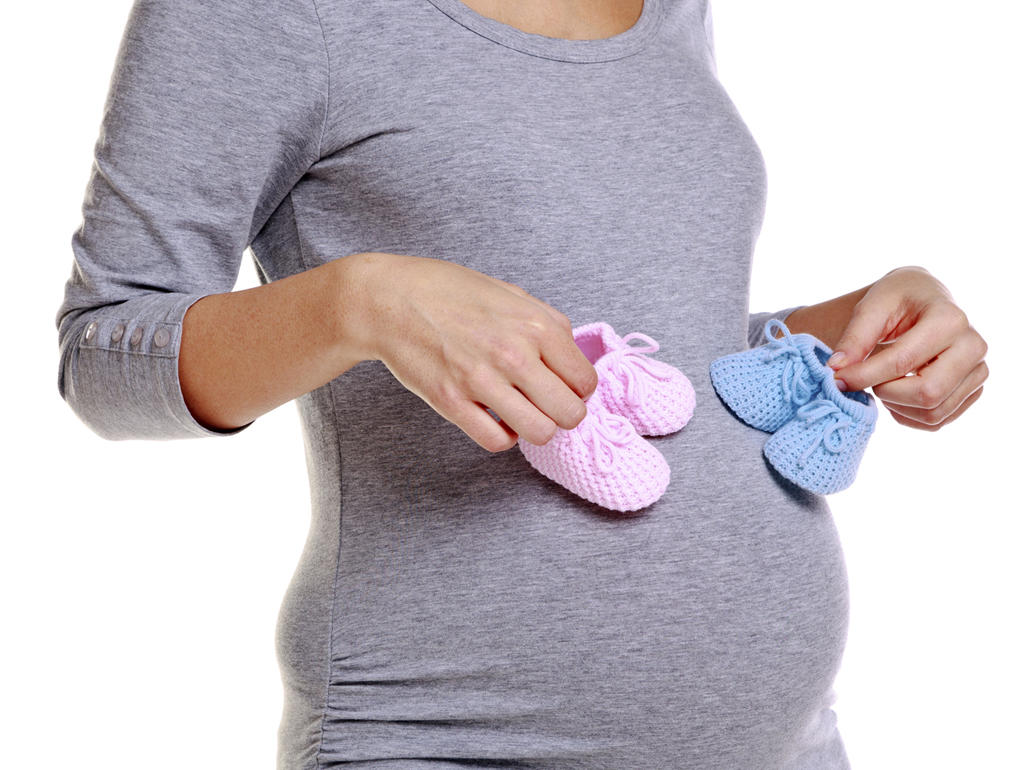
Alkaline phosphatase
Alkaline phosphatase is an enzyme that promotes the breakdown of proteins and the metabolic processes of cells.
It is found in every tissue of the human body but is also present in greater amounts in the intestines, liver, bones and kidneys, and in case of pregnant women, in the placenta.
Alkaline phosphatase, which can be detected in the blood, is most often of hepatic and skeletal origin, providing information about the function of these organs.
Blood sugar
Blood glucose measurement to screen, diagnose, and monitor diabetes and pre-diabetes status.
How do I prepare for the test?
Having an empty stomach is required for the third trimester laboratory test.
When is the result expected?
For both packages, the result is obtained after the 3rd working day following the test.
